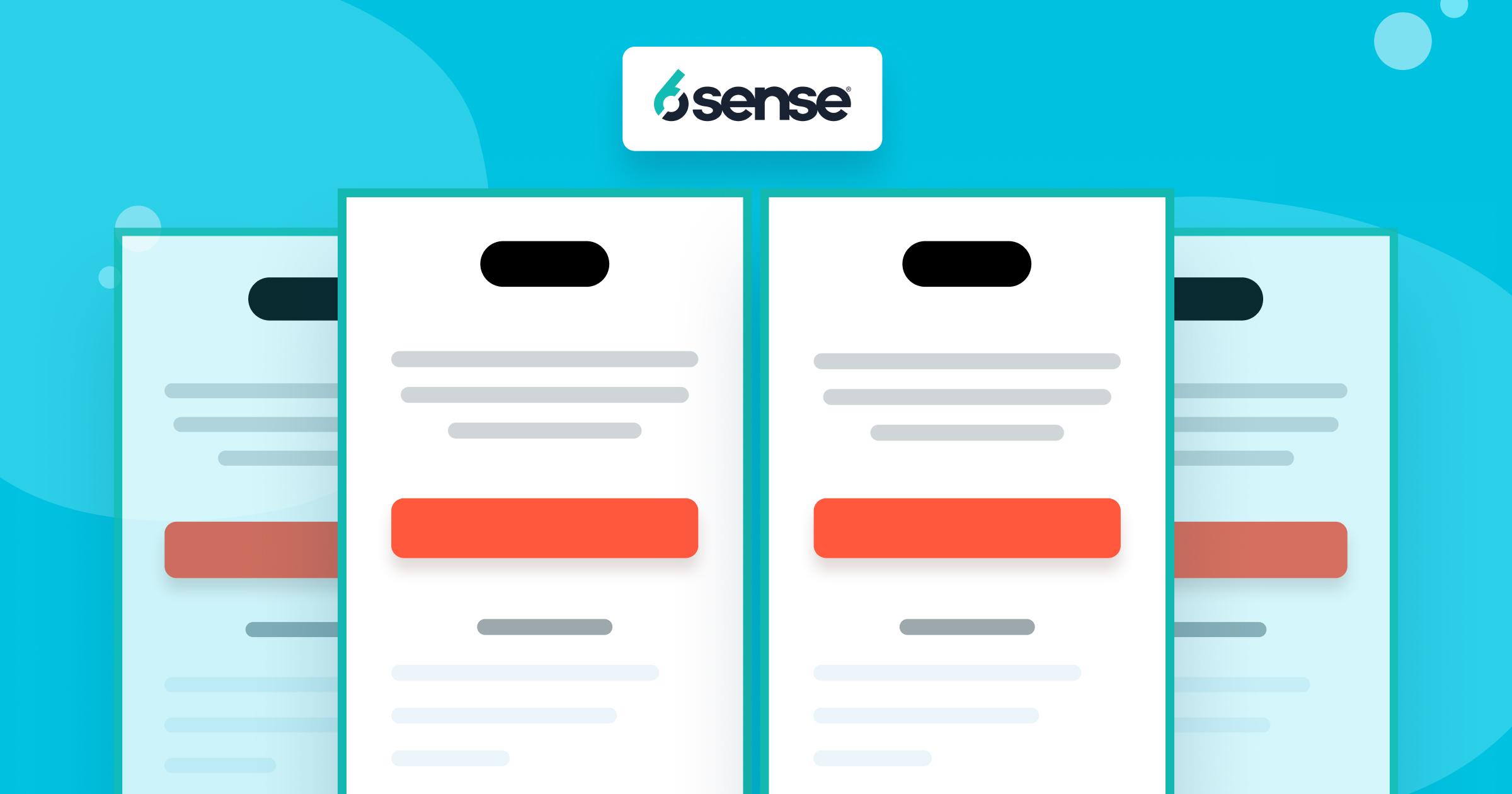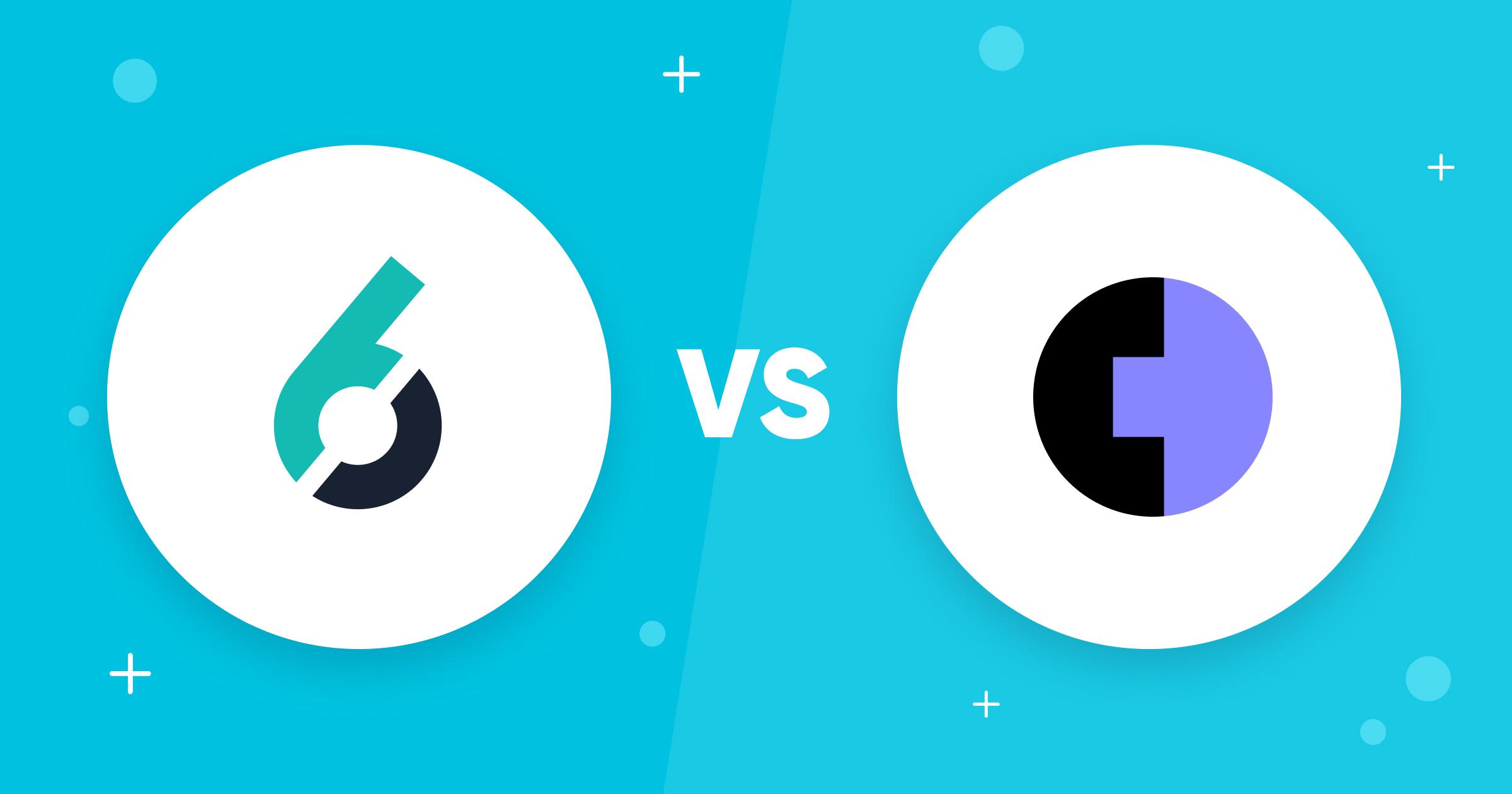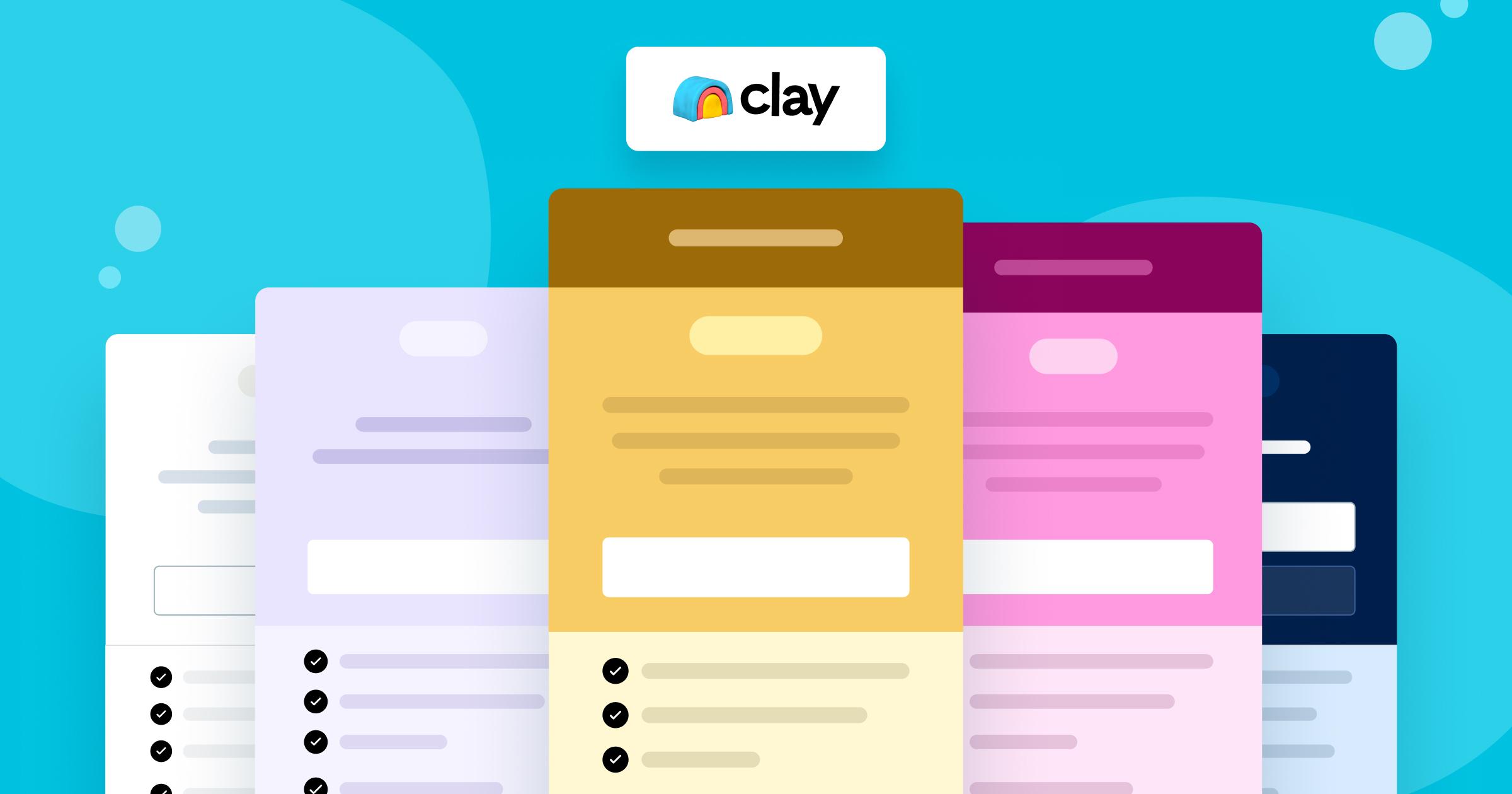As a business scales, its number of inbound and outbound calls will grow. At a certain point, trying to use a personal phone for this will cause significant problems. That’s when a business phone number comes into play.
This article will cover what you need to know about business phone numbers. More specifically, we’ll talk about the following:
- What is a business phone number?
- Why your business needs a phone number
- Types of business phone numbers
- How to get a business phone number (7 best providers)
- When you should consider getting a business phone number
- Frequently asked questions
Let’s get started.
What is a Business Phone Number?
A business phone number is a telephone line specifically for your company. It provides a way for prospects and customers to communicate with you. Smaller businesses and sole traders can use a personal phone for business, but not larger organizations.
Past a certain point of growth, a business needs a telephone system to handle increased demands. This primarily includes more inbound and outbound calls and the need for unique communication channels for employees and departments. The same applies when you want to grow your business via cold calls and scale up; you need to find phone number list databases.
Direct inward dialing (DID) numbers are used to accomplish this. Special features also ensure your number isn’t tied to a specific device, line, or location. It all depends on what type of business phone number you need and the provider you go with.
There are several types of business phone numbers, including:
- Local
- Toll-free
- Vanity
- International
We’ll cover these in more depth below.
Why Your Business Needs a Phone Number
You might wonder whether your organization needs a business phone number. Below, we’ve listed several benefits that it can bring your company.
Increases Credibility
Having a business phone number can help to increase the perception of credibility in the eyes of your target audience. All established successful brands have dedicated telephone numbers that cover the entirety of their organization. Every department, location, and employee.
Building credibility in the minds of your prospective customers is so incredibly important. The impression that one gets of your brand, the consumer perception, greatly influences buying/purchasing behavior.
When your target market sees that you have business phone numbers, it suggests authenticity and credibility. Brands without business phone numbers look unprofessional and amateur.
More specifically, having, for instance, a toll-free number can suggest a national presence. This makes your company look big, maybe bigger than it is. On the other hand, a local number can establish your business in the regional community.
Advanced Features & Benefits
Upgrading to a business phone number will give you access to lots of advanced features and benefits. These features help to manage the increased load of inbound and outbound calls that come with a scaled-up organization.
Some of these specific features include:
- Call Screening: Identifying who’s calling you before you answer is useful. Call screening gives you caller ID, including a name, number, and even a geographic location.
- Call Forwarding: With call forwarding, you can redirect a call to another employee, department, or location. This feature empowers companies to manage large volumes of inbound calls efficiently and effectively.
- Call Queuing: A feature that forwards calls into a virtual line or queue for an exact, pre-established reason. This can be to reach a specific employee or department based on why they’ve called. Call queuing cuts down on hold times for callers.
- Call Recording: Call recording makes it possible to record, save, and store audio files of phone conversations in a library. Keeping a record of calls is important for several reasons, including regulatory compliance and being used as training materials.
- Call Parking: A feature that puts calls on ‘hold,’ allowing them to be picked up by a different phone on the system. Call parking helps organizations to manage large volumes of inbound calls. It also allows employees to provide a better caller experience.
- Voicemail Transcription: This feature, when activated, takes voicemail and transcribes the audio, converting it into written text. This is then sent to you as an email or text message. Also known as speech to text, voicemail-to-text, and voice-to-text.
- Auto Attendant: An auto attendant is an automated menu that callers can use to navigate your organization. It acts as a virtual receptionist, connecting callers to the right employee or department.
- Analytics: Tracks and measures all your calls, providing robust data to ensure your employees are optimized, efficient, and effective on phone calls.
- Mobile App: Some phone services, like VoIP or virtual phone providers, offer a dedicated mobile app. This makes it possible for employees to answer business calls on the go, from their smartphones.
Access From Multiple Devices
Certain business phone providers allow you to answer calls from the same business number across several devices. VoIP (Voice over Internet Protocol) and virtual phone providers are examples.
Your employees can take business calls from anywhere, regardless of their device. They might be at the office, where they can use a standard desk phone to answer calls. A desktop computer, as well as a laptop, can also be used.
If they’re away from the office, a personal smartphone can be used to answer incoming business calls. Multi-device access provides you and your workforce with portability and flexibility. No longer must one be glued to a landline office phone.
Types of Business Phone Numbers
Business phone numbers come in several different types. Each of these is unique and influences how prospects and customers view your business and how they can call it. Below, we’ll cover four of the most common ones.
Local Business Phone Number
A local business phone number is a telephone number that represents a specific geographical location and area code. A local phone number in North America will have a three-digit area code to denote its locality. For example, 213 is the area code for the CBD of Los Angeles.
Local business phone numbers are the least expensive compared to the other types. You can get one through a local phone company or a virtual or VoIP provider. The price will vary based on several factors, such as the provider you go with.
Having a local business phone number will help you to connect with customers from the local community. When they see your number, they’ll recognize the area code, creating a sense of familiarity and trust. Building confidence in your target audience is vital for business success.
A local business phone number is ideal for companies that sell products or services to a local market. You can buy several local business numbers for each area code if you have multiple locations. Many businesses do this to strengthen their brands within local communities.
Having a local business phone number can also improve local search optimization efforts too. Search engines like Google are where most prospective customers will find your brand.
International Business Phone Number
An international business phone number is a local telephone number from another country that forwards to a domestic number. This allows companies that sell products and services to international countries to have a local presence in those regions.
International telephone numbers make calling your organization cheaper for customers and prospects from foreign countries. Calling a United States number would cost more for them than a dedicated international number.
Several business phone number providers offer international telephone numbers. You don’t need a physical location in those regions to have one. However, this isn’t true for all countries: some require a business address in the local area.
An internal business phone number is a good idea for large organizations expanding internationally into foreign markets. You can set one up for each country that you do business in.
Toll-Free Business Phone Number
A toll-free number is a telephone number that’s free to dial, as there’s no charge for callers. Customers and prospects from all over North America can use them. They’re also referred to as “800 numbers” in the United States and Canada, which includes the following prefixes:
- 800
- 888
- 877
- 866
- 855
- 844
- 833
There are plans for even more 800 numbers in the future, including 880, 899, 822, and 887. The NANP: North American Numbering Plan covers it all.
Unlike local phone numbers, toll-free numbers aren’t tied to a geographical location. Businesses use them as a way to foster the perception of a national presence. In other words, it’s a way to make a company appear larger than it is. This can improve credibility and customer confidence.
Think of toll-free numbers as national-level, whereas local business numbers as regional, and international as global. It’s also important to understand that although it’s free for callers, it costs more than a local number. Not all international callers can use it too.
A toll-free number is a good idea for companies that sell products and services to a national audience. It can be used as a primary business number or a hotline for customer service, sales, and support.
Vanity Business Phone Number
A vanity business phone number is a customizable local or toll-free telephone number that spells out words or phrases. 1800-GoFedEx and 1-800-MATTRESS are two of the most well-known examples. The letters represent numbers on a phone’s keypad.
The main benefits of a vanity business phone number are name and number recognition. When your target audience sees and hears your custom number in advertisements and marketing, they won’t forget it.
Vanity business phone numbers have some downsides. They’re generally more expensive than generic local and toll-free numbers. Secondly, many of the good ones have already been taken. You might struggle to find one that spells out an ideal word or phrase.
A customized vanity telephone number is a good idea for companies planning to go all in on advertising and marketing. A catchy, easy-to-remember vanity business number is extremely effective on TV, radio, and online. If you can afford it, it can help your brand stand out.
How to Get a Business Phone Number: 7 Best Providers
You can go with several providers to acquire a phone number for your business. We’ve covered seven of the best options below: features, usability, benefits, downsides, and plan options.
Grasshopper
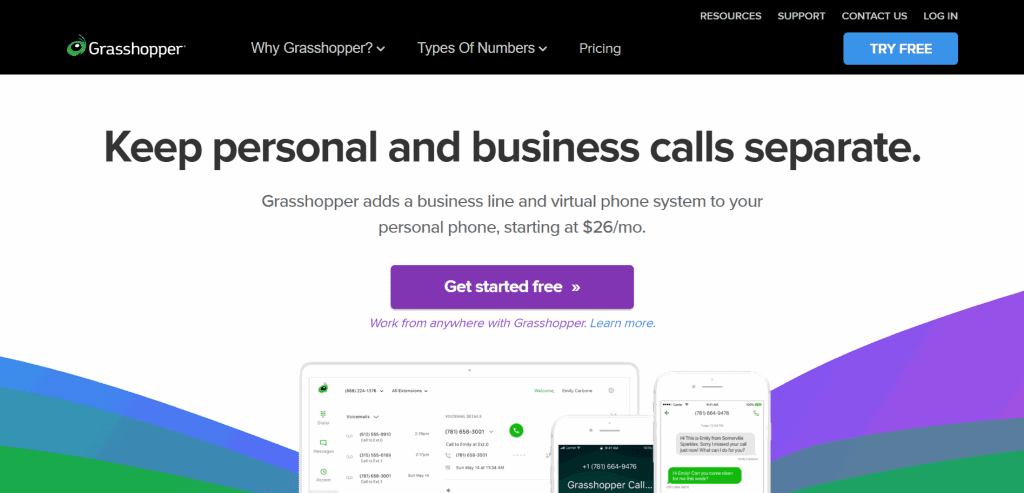
Grasshopper is a virtual phone system that helps small businesses decrease telecommunication costs and strengthen a professional brand. With its platform, you can keep your personal phone number separate from your business one.
The system has many useful features that make communication easier and more efficient. The mobile and desktop apps allow you to run your company anywhere. You can take business calls from a desktop computer, laptop, tablet, or smartphone.
The mobile app uses your carrier network to make and receive calls by default. You can switch to using VoIP to use your WiFi if you want—this is what the desktop app uses. Other features include call forwarding, business texting, voicemail transcription, and a virtual receptionist.
Because Grasshopper is a virtual phone system, it lacks the features and functionality of a full-fledged VoIP provider. There are three pricing plans: Solo, Partner, and Small Business. Here are the details of each plan:
- Solo: $29 per month or $26 per month if billed annually. Allows one local or toll-free number and three extensions.
- Partner: $49 per month or $44 per month if billed annually. Allows three local or toll-free numbers and six extensions.
- Small Business: $89 per month or $80 per month if billed annually. Allows five local or toll-free numbers and unlimited extensions.
RingCentral
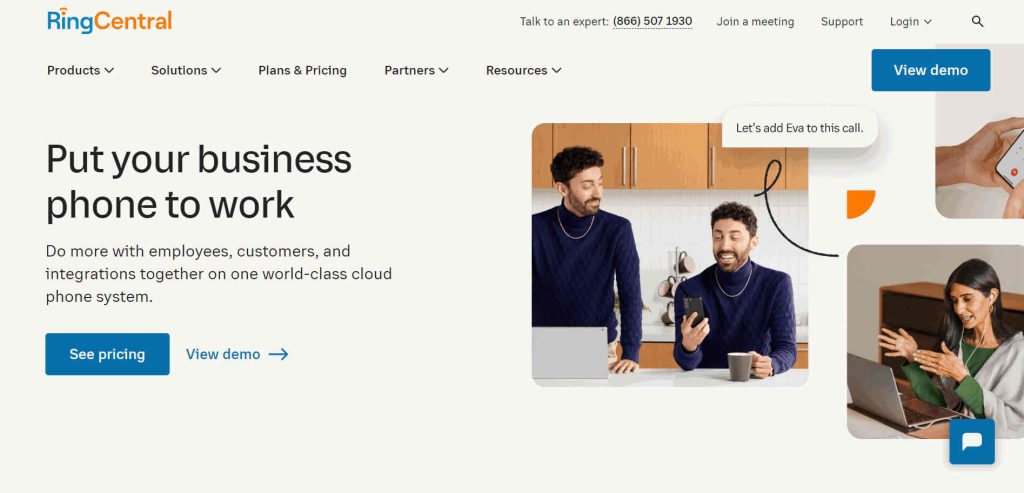
RingCentral is a business phone system that unifies messaging, phone, and video under one platform. It uses VoIP to create seamless communication, requiring only a stable internet connection.
The RingCentral platform offers all the basic call management features you’d expect, including call forwarding, call screening, and call routing. It also offers several other valuable features, such as an auto attendant, voicemail, conference calls, and SMS.
Because RingCentral is VoIP software, it uses the Internet, not a landline. This means you can take and make business calls on just about any digital device, including your smartphone, laptop, and desktop computer.
When signing up for a plan, you can choose between a local, vanity, toll-free, or international number. All calls made with RingCentral are encrypted for maximum security and protection. The one downside is that the software can be somewhat confusing for beginners.
RingCentral has four pricing plans: Essentials, Standard, Premium, and Ultimate. Here are the details of each plan:
- Essentials: $29.99 per user per month or $19.99 per user per month if billed annually. You’re allowed a maximum of 20 users.
- Standard: $37.99 per user per month or $27.99 per user per month if billed annually.
- Premium: $44.99 per user per month or $34.99 per user per month if billed annually.
- Ultimate: $59.99 per user per month or $49.99 per user per month if billed annually.
Ooma
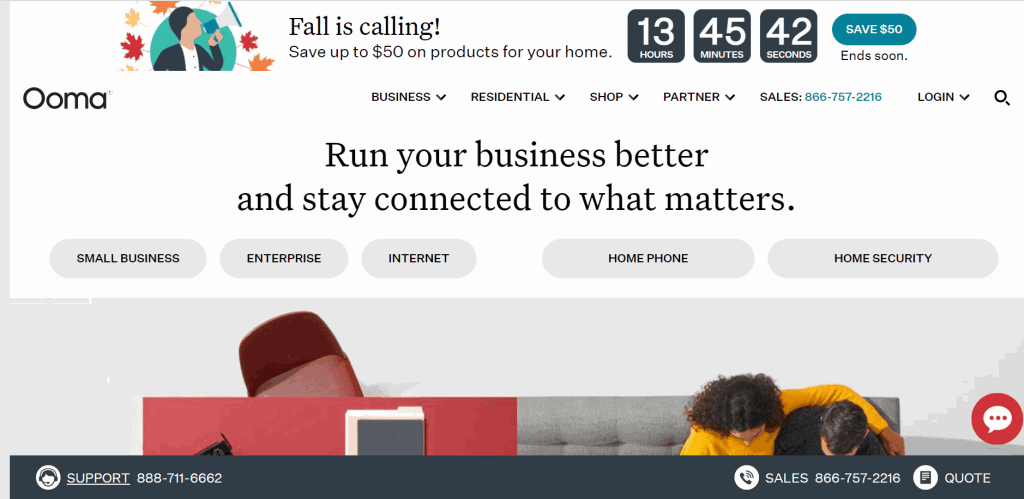
Ooma is a VoIP phone service provider that simplifies the communications experience for small businesses. It offers toll-free numbers at an affordable price and has a complete suite of capable features.
The cloud-based internet software is one of the cheapest providers on the market. It’s specifically designed to keep your phone bill to a minimum. The downside is that Ooma doesn’t have as many features and isn’t as capable as other providers.
Ooma has three pricing plans: Essentials, Pro, and Pro Plus. Here are the details of each plan:
- Essentials: $19.95 per user per month. Comes with 50+ standard features, a virtual receptionist, music on hold, and a mobile app.
- Pro: $24.95 per user per month. Comes with additional features like a desktop app, call recording, videoconferencing, call blocking, and call analytics.
- Pro Plus: $29.95 per user per month. Comes with advanced features like call queuing, Salesforce integration, and hot desking.
8×8
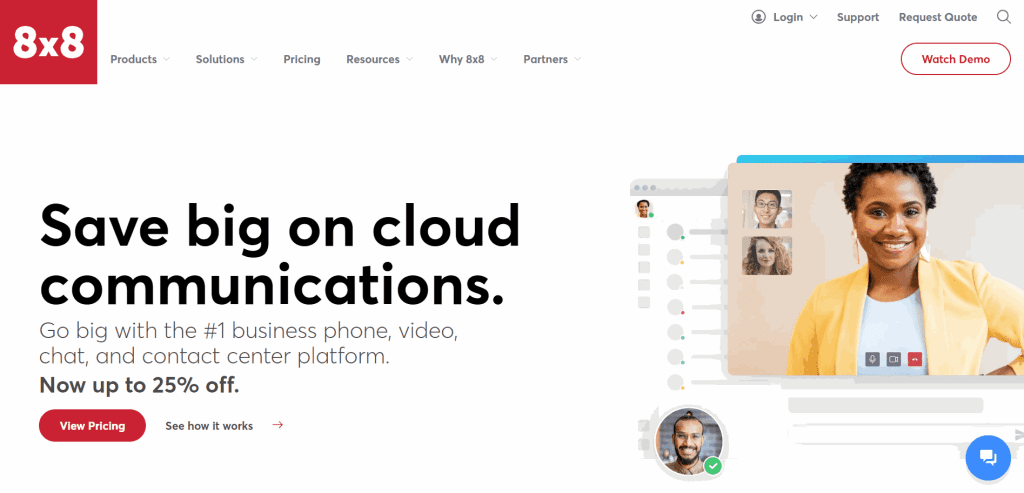
8×8 is a cloud-based VoIP platform that brings phone, video and chat communication capabilities to businesses. With only an internet connection, 8×8 connects companies with prospects, customers, and employees.
As a VoIP provider, 8×8 has a complete, robust suite of features. Examples include an auto attendant, call recording, call monitoring, call queuing, caller ID, caller blocking, and voicemail.
The consensus is that 8×8 has fantastic scalability, mobility, and international support. But there are some concerns regarding the quality of customer support.
8×8 has three pricing plans: 8×8 Express, X2, and X4. Here are the details of each plan:
- 8×8 Express: $15 per user per month. Allows up to five users and comes with features like an auto attendant, voicemail, and music on hold.
- X2: $28 per user per month or $24 per user per month if billed annually. Allows unlimited users, and adds additional features such as audio and video conferencing for up to 500 people.
- X4: $57 per user per month or $44 per user per month if billed annually. Adds unlimited voice calling to 48+ different countries.
Google Voice
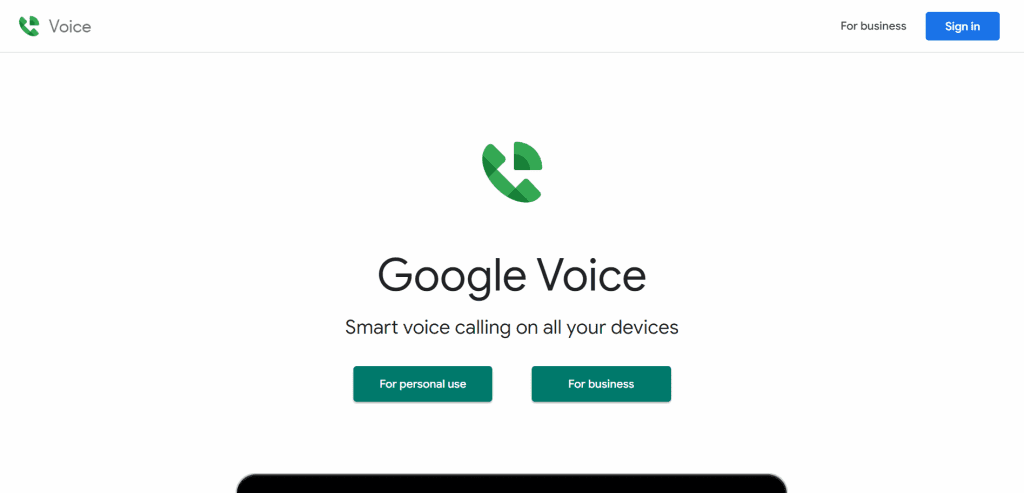
Google Voice is a cloud-based virtual phone system for businesses and personal use. Like other internet-based communications solutions, Google Voice can be used on several devices, including smartphones, tablets, laptops, and desktop computers.
This software has an easy-to-use user interface and offers free local numbers. You get unlimited domestic calls and texts and can route calls from several devices. Google Voice is a great business phone provider for freelancers and solopreneurs looking to keep costs low.
Because Google Voice isn’t ideal for organizations that need a complete suite of call management features. It’s a virtual phone provider, not a complete VoIP platform like RingCentral, 8×8, or Ooma. If you’re looking for a Google Voice alternative, there are plenty of options, so be sure to do your research and align your needs with the platform choice you make.
Google Voice has three pricing plans: Starter, Standard, and Premier. Here are the details of each plan:
- Starter: $10 per user per month. Allows up to ten users and ten domestic locations. Unlimited calls and text messaging.
- Standard: $20 per user per month. Allows unlimited users and unlimited domestic locations. Adds unlimited calls to the US from international countries and a multi-level auto attendant.
- Premier: $30 per user per month. Allows unlimited users and unlimited domestic locations. Adds international locations and advanced reporting.
Vonage
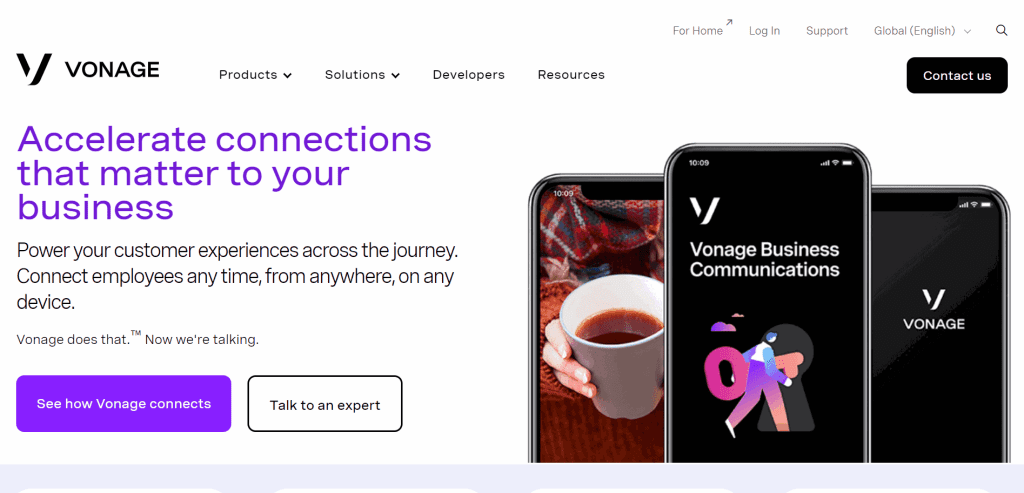
Vonage is an online communications solution that helps accelerate your business communication. It harnesses the capability of VoIP to help manage calls, texts, voicemails, virtual meetings, and faxes.
The cloud-based platform has over 50+ business phone features and provides dedicated mobile and desktop apps. Vonage is a good option for brands looking for the best mobile features. However, larger brands might find the software doesn’t scale well.
Vonage has three different pricing plans: Mobile, Premium, and Advanced. Here are the details of each plan:
- Mobile: $19.99 per line per month plus taxes and fees. Includes unlimited calls, SMS, and unlimited team messaging.
- Premium: $29.99 per line per month plus taxes and fees. Includes unlimited meetings with up to 100 people, a multi-level auto attendant, IP desk phone capability, and CRM integration.
- Advanced: $39.99 per line per month plus taxes and fees. Adds on-demand call recording, visual voicemail, and call groups.
Nextiva

Nextiva is a business communications collaboration software that accelerates business growth. Its VoIP-powered platform simplifies communication, making it easy for teams to connect with prospects, customers, and other employees.
The Nextiva cloud-based software has all the features your brand needs to manage its communications efficiently. Features include a multi-level auto attendant, internet faxing, visual voicemail, and call management.
This is a good business phone provider for companies that want a scalable solution with unlimited domestic calls. On the other hand, Nextiva might be too expensive for smaller businesses, sole traders, and solopreneurs.
Nextiva has three pricing plans: Essential, Professional, and Enterprise. Here are the details of each plan:
- Essential: $25.95 per user per month or $18.95 per user per month if billed annually. It offers 1,500 toll-free minutes and unlimited voicemail and internet fax.
- Professional: $30.95 per user per month or $22.95 per user per month if billed annually. It offers 3,000 toll-free minutes and up to 250 video meeting participants per session. Allows up to 40 participants in conference calls and unlimited business SMS.
- Enterprise: $40.95 per user per month or $32.95 per user per month if billed annually. It offers 12,500 toll-free minutes and allows unlimited conference call participants. Adds voice analytics and voicemail transcription.
When You Should Consider Getting a Business Phone Number
The size of your business is the biggest factor determining whether you need a dedicated business number. As an organization grows, so will its inbound and outbound call volume. You can get away without one if you’re a solopreneur, sole trader, or new small business.
However, there are cheap and affordable virtual phone providers that you can use. Getting a business phone number is wise, even if you don’t need it just yet. It makes your brand look professional and separates your personal life from your business operations.
A business phone number can also help you acquire financing from a bank or lender. A personal phone suggests a lack of credibility and authenticity, which could affect the outcome of a business loan. It’s important, just like a good business plan, website, and name.
There are also some telltale signs that your company needs a business number. Some of these include:
- Prospects and customers have trouble contacting you
- Your phone calls and business phone calls disrupt each other
- You employ part-time and full-time workers
- Inbound and outbound call volume has increased
- You have difficulty responding to voicemails and missed calls
- You struggle to manage calls without advanced management features
- Your business is growing rapidly
FAQs About Getting a Business Phone Number
The cost of a business phone number varies depending on several factors. The type of number you need will influence the price and the provider you choose. Local phone numbers are cheaper than toll-free, vanity, and international ones.
You can get a virtual business phone number from a VoIP or virtual number provider. Google Voice and Grasshopper are two low-cost virtual number providers that you can use over multiple devices. You can make and receive calls with smartphones, laptops, tablets, and computers.
You can set up a small business phone number with Google Voice. It only costs $10 per user per month and allows you to have up to ten users and ten different locations. A virtual phone provider is the cheapest solution, and Google Voice is the cheapest.
What You Need to Remember About How to Get a Business Phone Number
Business phone numbers are important for managing your inbound and outbound call volume. A capable business phone provider is the key to efficient communication with customers and employees.
In this article, we covered how to get a business phone number. Consider your organization’s needs and concerns to determine which provider fits best.

